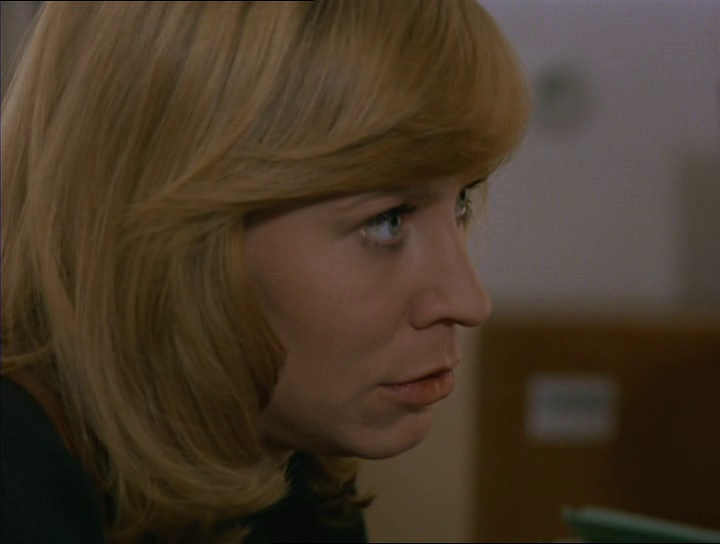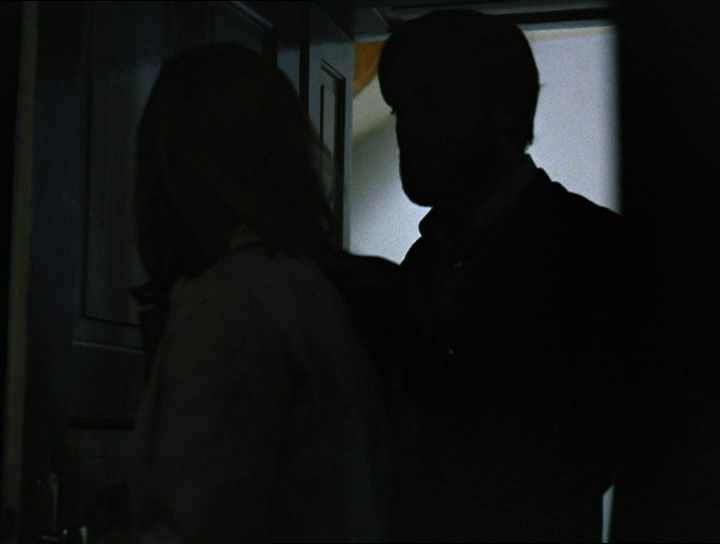Free Woman, A / Summer Lightning (1972)
“I’ve been married and now want to begin something new.”
|
Synopsis: |
|
Genres, Themes, Actors, and Directors:
Response to Peary’s Review: Like faulting former slaves for not immediately turning their lives around and becoming successful and happy after years of disenfranchisement, blaming Elisabeth for the challenges she faces as she tries to carve a new life for herself is both insulting and patronizing. Having married early and given up her job to be a housewife and mother, she never had an opportunity to explore her interests, let alone pursue a meaningful career. She certainly has potential and talent (some of the most touching and authentic scenes take place as she ventures forth into singing and dancing lessons), but her downfall lies both in the inherently womanizing society she lives in (her smug, obese, married boss comes on to her matter-of-factly while on a business trip, nearly raping her before he passes out) and in the wrath she invokes by divorcing her husband for no apparent reason: he is vengefully determined to prevent her from gaining custody of their son, and blames her for giving up his dreams of novel-writing to become an editor. Perhaps the famously empowered ending to Paul Mazursky’s An Unmarried Woman (1978) was a deliberate “response” to this earlier, more cynically realistic film. Note: I looked up the meaning of the film’s original German title, and learned that summer lightning refers to “distant sheet lightning without audible thunder, typically occurring on a summer night”. I’m still puzzling through what this implies about the movie’s premise… Redeeming Qualities and Moments: Must See? Links: |


